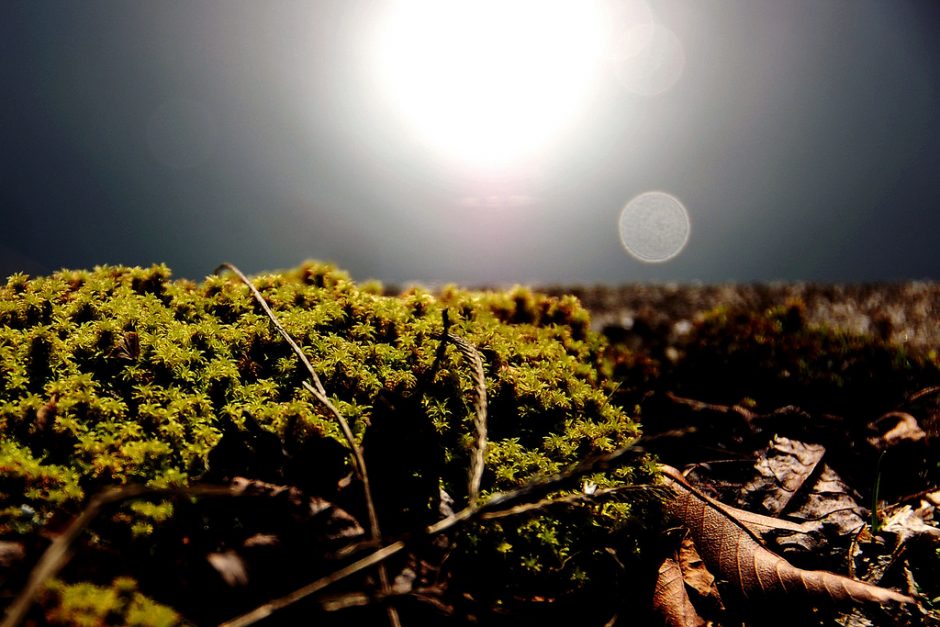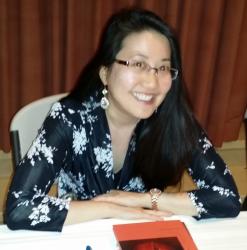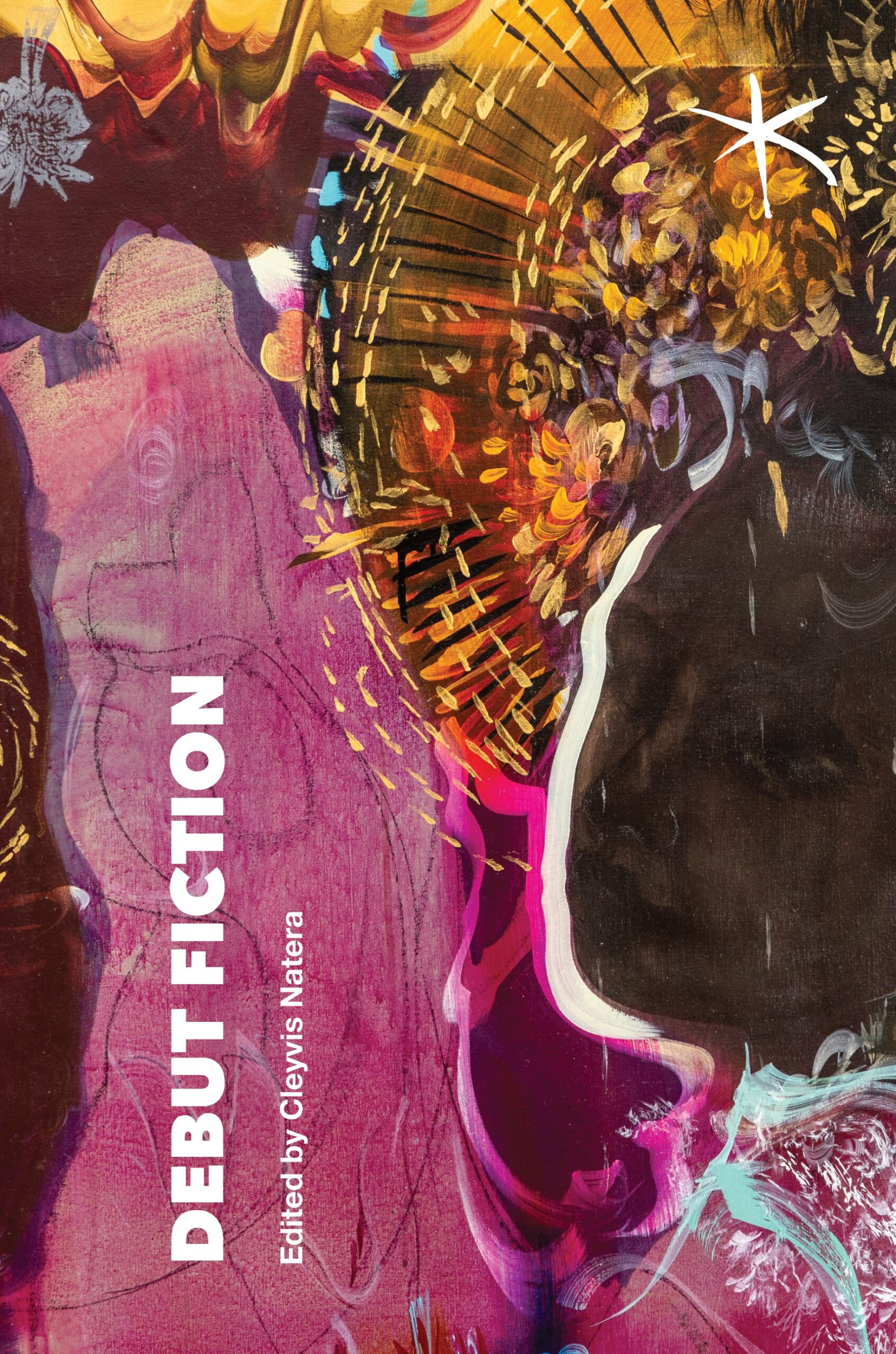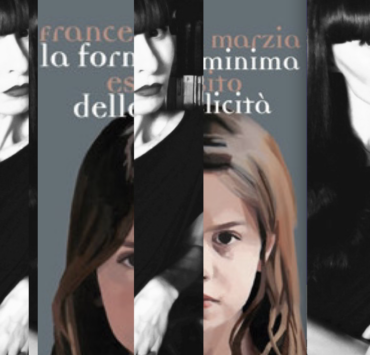
If only finches, phoebes, mourning doves could say –
rice exploded in our foundling avian gullets. No, this is a myth. Is arsenic rice not carcinogenic, not a choking hazard, not a harm to birds? Conserve rice at your wedding in light of the famine. Do not throw the rice. Say a prayer, instead. Ask each grain of rice to shed its invisible wings, metamorphose into a fig-eating beetle. Or use shelled sunflower seeds. Say Chryso for gold, anthos for flower. Chrysanthos.
A cyst blossomed as if rogue cells roared freely out of a cavernous nocturne of starving moths: rapacious, not emerald lunas perched atop your summer-screen, over stick-bones dug up in a pear orchard. In beds of goldenrod. Phlox. Digitalis. Columbine. Born mouthless, a luna moth requires no nourishment to elope – analogously, chemotherapy starves the body in an oxymoronic healing. Born without a mouth,
a luna moth
fasts one week to sate desire—
reckless moss of the body.
Image Credits: m-louis

Karen An-hwei Lee is the author of Duress (Cascade 2022), Rose is a Verb: Neo-Georgics (Slant 2021), Phyla of Joy (Tupelo 2012), Ardor (Tupelo 2008) and In Medias Res (Sarabande 2004), winner of the Norma Farber First Book Award. Her book of literary criticism, Anglophone Literatures in the Asian Diaspora: Literary Transnationalism and Translingual Migrations, was selected for the Cambria Sinophone World Series (2013). She serves as provost and a professor of English at Wheaton College.







